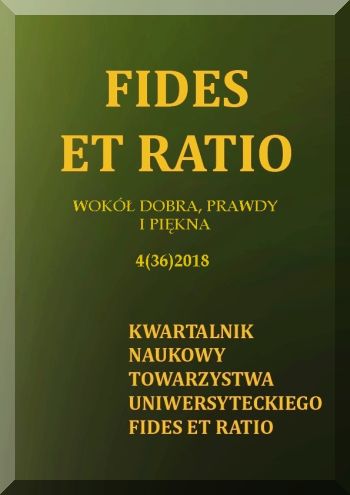Abstract
The aim of this study was to present the differentiation of family values according to the gender and age of the examined persons. Additionally, it describes the influence of familism on the perception of community orientation and material values according to the gender of the examined persons. The study covered 200 adults (from 18 to 81 years of age), women and men divided into three age groups, i.e. the ones consisting of people in early, middle and late adulthood. The following research tools were used: the Familism Scale, the Scale for the Measurement of Agency and Community Orientation and the Short Materialism Scale.
The results show that the persons in late adulthood received the highest mean scores in respect of all the familism dimensions in comparison with the respondents in early and middle adulthood. The variable of gender differentiated the examined persons in respect of the dimension of individualism, whose higher strength was observed in the group of men. It was found out that in the group of women family values were of a higher significance for the prediction of community orientation and materialism than in the group of men, in which family values did not determine community orientation and materialism.
